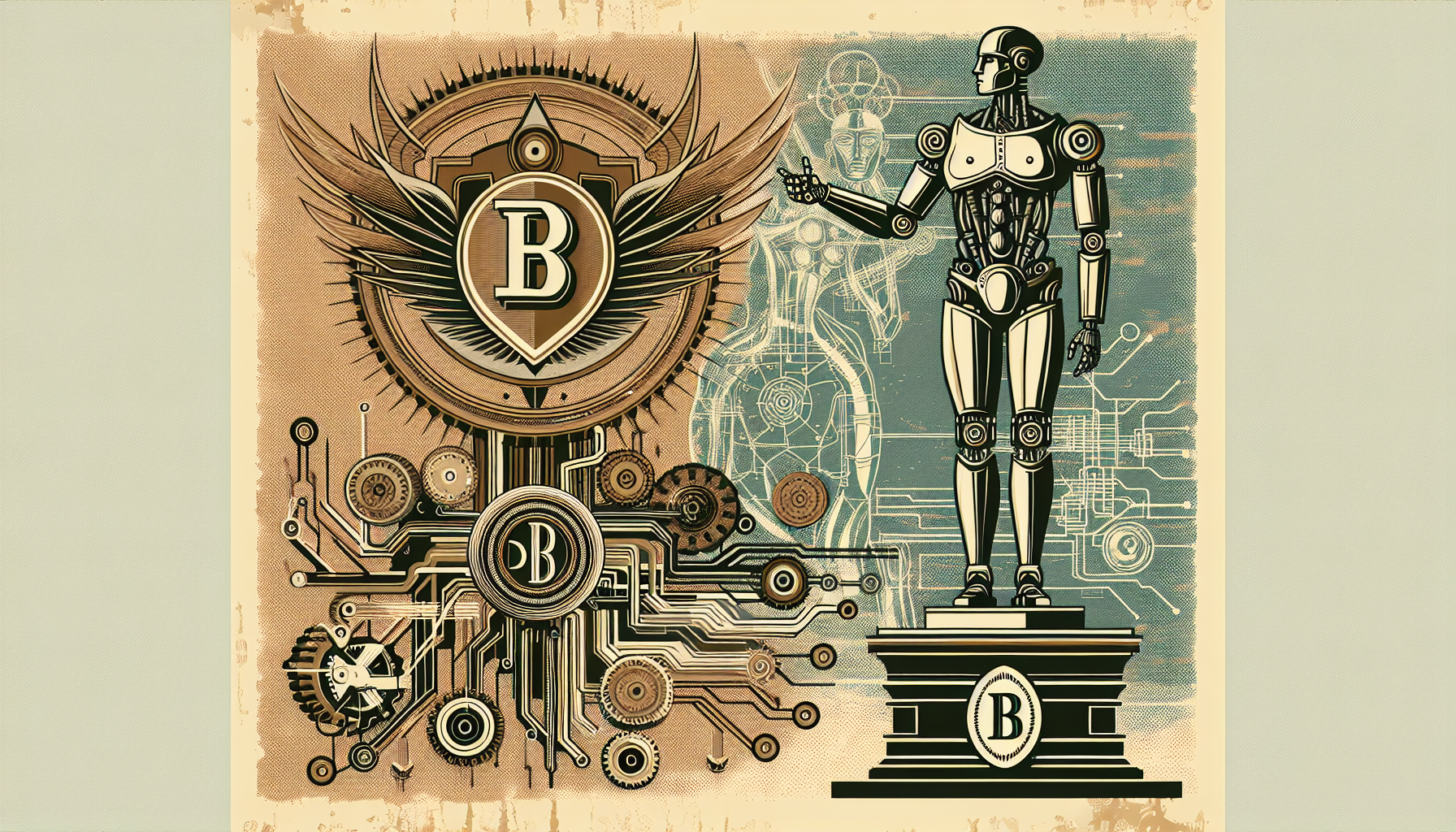In a monumental step forward for the robotics world, Boston Dynamics and Toyota Research Institute (TRI) have joined forces. This extraordinary partnership is set to propel the future of humanoid robots, merging the prowess of two leading pioneers in artificial intelligence and robotics. Together, they are poised to expand the limits of what robots can achieve.
Shared Vision and Goals
At the heart of this collaboration is a shared ambition: to refine the way robots move and interact with the world. The aim is to fine-tune humanoid robots’ physical intelligence and dexterous manipulation skills. By merging TRI’s advanced Large Behavior Models (LBMs) with Boston Dynamics’ impressive Atlas robot, these innovators are working to build machines that perform tasks with unprecedented agility and accuracy.
The Atlas Legacy
Boston Dynamics has long been at the forefront of robotic innovation, and their Atlas robot exemplifies this. The latest iteration of Atlas showcases a seamless blend of hardware and software, making it a versatile platform for honing AI-driven manipulation techniques. Known for its remarkable agility and ability to use both hands effectively, Atlas stands ready to push the envelope of robot behavior and facilitate advanced AI learning.
Innovative AI Models from TRI
TRI brings to the table significant advancements in AI and machine learning. Their groundbreaking work with LBMs involves pioneering generative AI through diffusion policy—a method that has dramatically improved robots’ dexterous handling abilities. TRI’s commitment to open-source AI models and datasets supports their mission to develop multi-task, vision-and-language-conditioned models, laying a strong foundation for robotic cognition and action.
Joint Research Efforts
The dynamic research venture will be steered by Scott Kuindersma, senior director of Robotics Research at Boston Dynamics, alongside Russ Tedrake, vice president at TRI. This project strategically draws on the unique capabilities of each team to advance robotic science.
- Data Gathering and Task Performance: Atlas will undertake diverse tasks to collect data on its performance, providing crucial insights for refining TRI’s LBMs. Rigorous evaluations through both hardware and simulations will guide the rapid development of new, robust, and whole-body skills.
- Sensing and Interaction: The partnership is set to explore pivotal training aspects for humanoid robots. Emphasizing whole-body sensing and human-robot interaction, this project strives to ensure safe and reliable integration of these advancements into real-world applications.
Shaping the Future of Robotics
This collaboration marks a watershed moment in the evolution of humanoid robots, promising more efficient solutions to real-world challenges. By combining Boston Dynamics’ top-tier hardware with TRI’s cutting-edge AI, this partnership seeks to enhance human capabilities and elevate quality of life.
As expressed by Robert Playter, CEO of Boston Dynamics: “The robotics industry has never been more thrilling; we’re eager to partner with TRI to hasten the advancement of general-purpose humanoids.”
Echoing this sentiment, Gill Pratt, chief scientist for Toyota and CEO of TRI, highlighted the transformative nature of this project: “Recent strides in AI and machine learning are pivotal in advancing physical intelligence. Partnering TRI’s state-of-the-art AI with Boston Dynamics’ hardware is pivotal, as it supports our shared mission to amplify human capabilities and enhance life quality.”
This groundbreaking partnership does more than develop AI-driven manipulation skills. It lays the groundwork for a wide array of applications for humanoid robots, ranging from industry and home environments to disaster response, affirming a future where robotics significantly augments human potential.

Leave a Reply